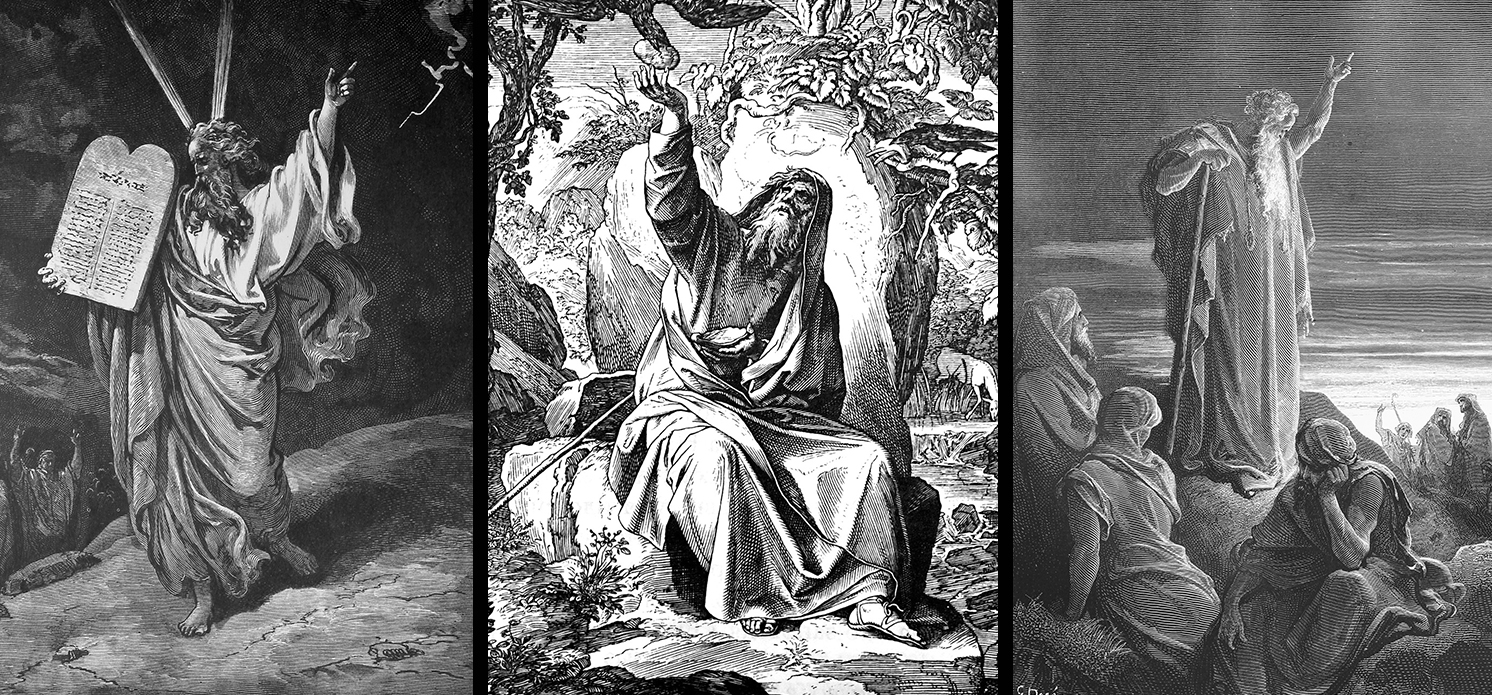
Better Than The Prophets Part I
“Better Than the Prophets” examines the first three verses of this glorious epistle. In this brief paragraph the writer of Hebrews sounds out the theme of the entire letter—that Jesus of Nazareth is better than everything which preceded Him!
But he starts by contrasting Jesus the Son to the Old Testament prophets. This opening statement (that Jesus is better than the prophets) serves as an introduction to the entire letter. If that is properly understood, we will have no difficulty understanding the entire letter.
In saying that Jesus is greater than the Old Testament prophets, he is really saying Jesus is greater than the entire Tanach (Old Testament). Paul himself calls the Old Testament the “Scriptures of the Prophets” or the “prophetic writings” (Romans 16:26). Recognized prophets (or those writing under the auspices of a prophet) wrote the Old Testament. In the same way, apostles or those writing under the auspices of an apostle, wrote the New Testament. Therefore, he starts with this general comparison between the Old and the New, yet with particular reference to the manner of God’s speaking. We want to look at this in three general ways: 1) The character of the old covenant era, 2) the character of the new, 3) why the new is superior to the old. In this first part, we will look at the character of the Old Covenant era.
The Character of the Old Covenant Era
The letter opens with a simple but powerful truth that God has spoken. Every reader of Holy Scripture should have no difficulty with that statement since Scripture records the fact that God has been speaking to human beings from the beginning of time. Our first parents heard Him speaking in the Garden of Eden immediately after creation. This is the best description of the Bible; it is God’s own words written down. According to the writer, God has been speaking to our forefathers since the beginning of time.
But the writer specifically tells his readers that God spoke to the forefathers “through the prophets.” The prophets favorite phrase in the Old Testament was “thus says the Lord.” Peter says that “prophecy never had its origin in the will of man, but men spoke from God as they were carried along by the Holy Spirit” (2 Pet. 1:21). That simply means that prophets never spoke by their own initiative, but were moved to speak the words by the power of the Holy Spirit, thus making their words not their own, but God’s. We must remember that the standard of authenticity was high. Every word spoken by a prophet had to come to pass or else the prophet was proven false and he or she was stoned to death.
According to the writer, the prophets exercised their ministries “at many times and in many ways.” By the phrase “many times” refers to the long period over which the Old Testament was spoken. I have often wondered why, after Adam and Eve’s fall into darkness, it was centuries before God brought the Son into the world. I believe the answer is that immediately after the Fall, men and women were plunged from living in the light into utter darkness. Imagine, if you would, being taken one summer day and put into a dark closet for many days. At first, your eyes would have trouble adjusting to the darkness, but after a while they begin to adjust to the darkness so that the darkness seems normal. What would have happened if after spending several days in total darkness, you were suddenly dragged out into the full light of noonday sun? You couldn’t handle the sudden exposure to the light; it would be to bright. It would be quite a while before you could open your eyes.




Every time I try to study Hebrews I can’t get over the fact there is no mention of the impending doom of the very temple system that Christians were being drawn back into. Only that these things are “fading away.” Seems like the greatest understatement in all of scripture.